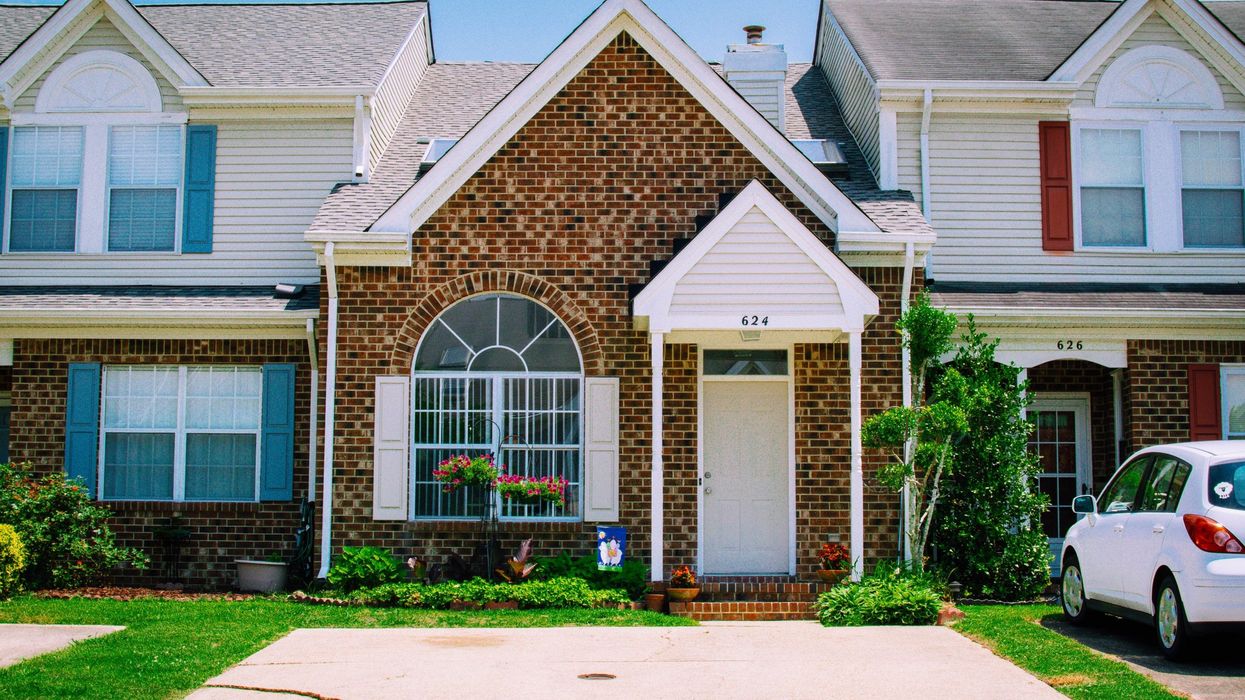Paul Maranger knows how to extract value from a home, whether it be yours or his own.
The broker and senior vice-president of sales for Sotheby’s International Realty Canada happened to be renovating his home at the exact same time as his business partner and co-senior vice-president of sales, Christian Vermast.
READ: Ask An Agent: Which Small Renos Provide The Biggest Value Boost?
The two of them used their vast knowledge and experience dealing with architects, designers and contractors in their professional lives to spot the trends and find the areas of hidden value in their homes.
And while Maranger knows the importance of enjoying a home while you’re actually living in it, he never loses sight of the fact that every home is an investment and you never know when it may be time to leave it.

This is why he’s the perfect realtor to tackle this week’s question:
How long should you hold on to a home before selling?
The response depends on whether the decision is emotional and personal or financial.
If it’s emotional and personal, hang on to it for 50 or 100 years and pass it on.
But if it’s financial, the tipping point is when a house starts to show its age – typically, seven years after a renovation. Styles and tastes change, so seven years is a bit long in the tooth to get every dollar out of the home.
People want to enjoy their house they’re in, plus the transaction costs of land transfer tax and real estate fees make it costly to make a move…so let’s say the optimal time is five years.
READ: Toronto Couple Takes On Full Home Reno And Documents It On Instagram
What we recommend at Sotheby’s is to have us come in with a plan and a stager. So even if you’re five years post-reno, certain very light cosmetic changes we make can make that renovation look even newer than five years old.
If you have an income property with renters, the time-frame would be shorter to extract maximum value. With renters in an investment property, you’re going to want to renovate when you acquire so that you can increase rents legally to the maximum allowable rental amount.
The problem if you have a rental property is that rent rates are capped currently at 1.8 percent and inflation hovers around that. When your increase is around inflation, your rate of return is zero. So, if you can attract tenants by improving the rental unit, they would then be paying the maximum rent for the quality of space.
READ: 6 Of Toronto’s Most Expensive And Luxurious Rental Properties
When you’re first-time buyers getting into the market, it is nice to have that second income. Torontonians living in larger purpose-built apartment buildings or older buildings are renovating them and putting townhouses at the bottom. A lot of the intention with these purpose-built buildings is to have it fully rented, maximize the rent and then sell to pension funds or REITs within about three years, maximizing return.
The time horizon for selling a condo is probably not terribly dissimilar to selling a home.
If you do a full gut and reno on an older 26-year-old building, you’ll get a full return. Can 16-year-old marble tubs and sinks still be used? Sure. But a condo reno is unlikely to get the same value as a home, unless you're buying an old condo in an old building where there is upside. Then, the formula is exactly the same.
If you’re buying in an old building that was built in 1982 (and the common areas, lobbies and hallways have been completely redone) and you buy a 1982 unit and bring it up to the same standard, there’s instant value, akin to a house. But if you’re buying a condo in a 15 or 16-year-old building that’s going to be pretty nice to live in, you’re not going to get the same up-lift.
READ: Renovating That Old Toronto Condo — Inspirational Before & After Shots
Lastly, you have to look at any penalties for getting out.
Say, for example, someone has gone into a long-term mortgage and they want to sell at five years: they may have to factor in costs, if they’re not going to transfer that mortgage over to a new property.
And if there are improvements that will be made around your property that aren’t there at present, like Mirvish Village, you can likely extract more value, once it’s done. But you’ll have to wait out the mess, and most people aren’t prepared to do that.





















